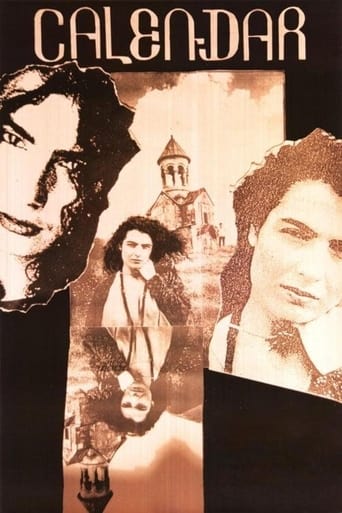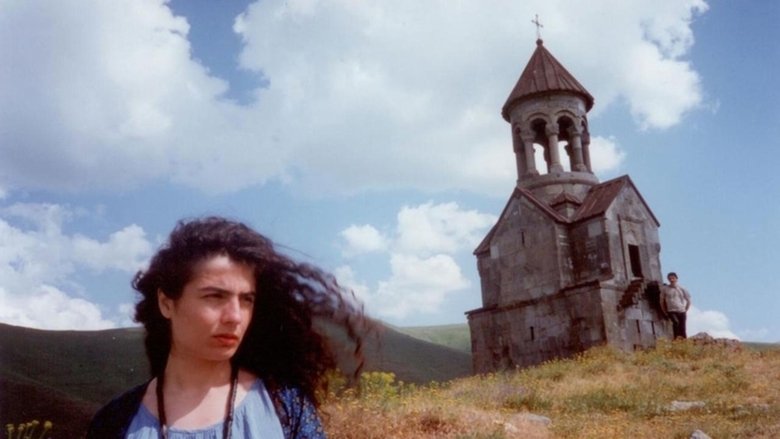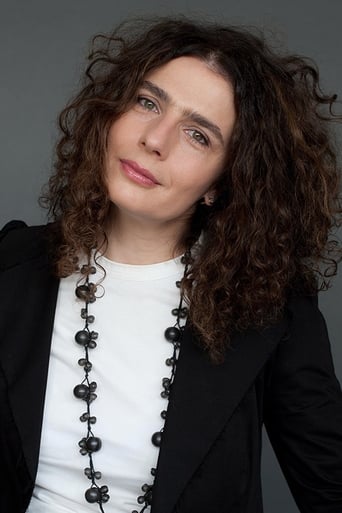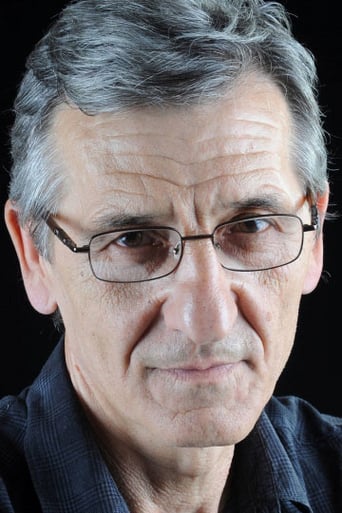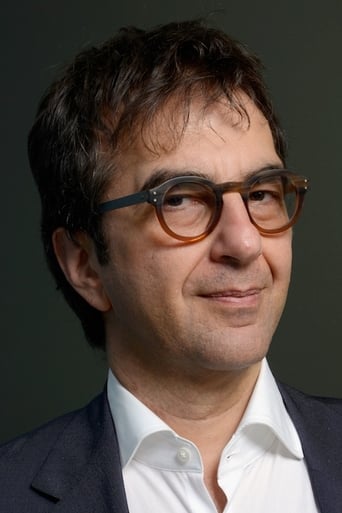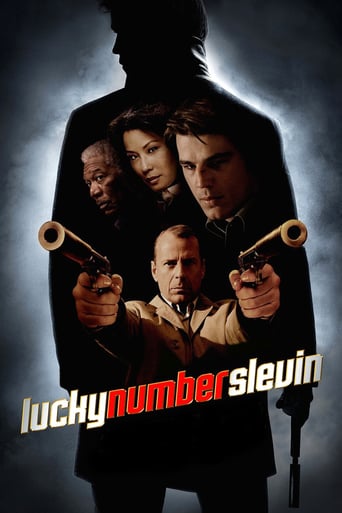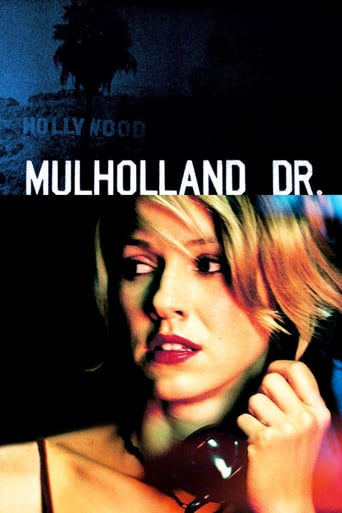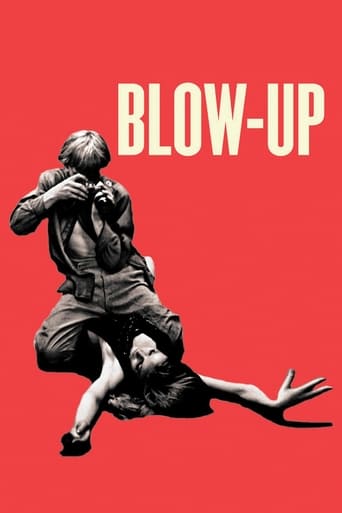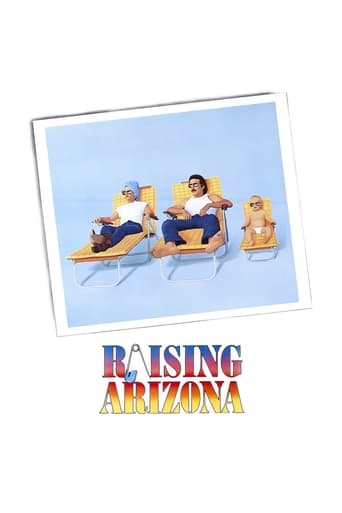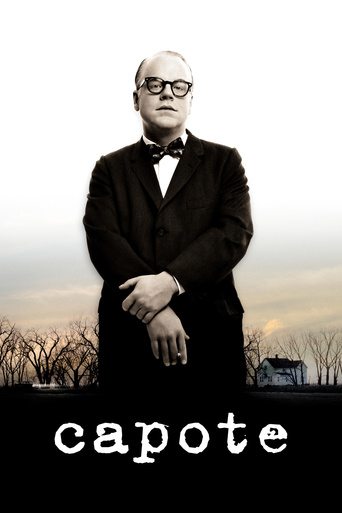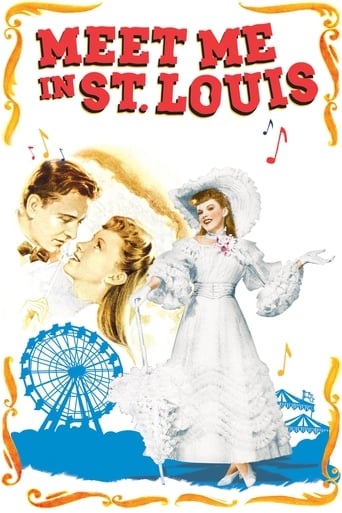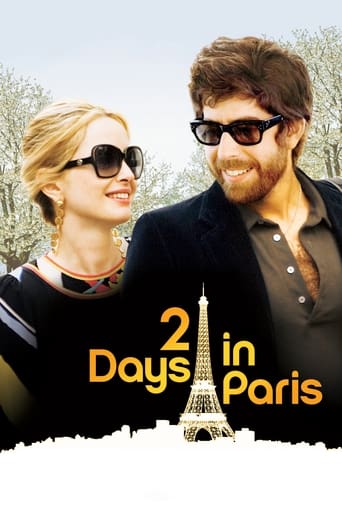Calendar (1993)
A photographer and his wife travel across Armenia photographing churches for a calendar project. Travelling with them is a local man acting as their driver and guide. As the project nears completion, the distance between husband and wife grows.
Watch Trailer
Free Trial Channels
Cast


Similar titles
Reviews
Great visuals, story delivers no surprises
Pretty good movie overall. First half was nothing special but it got better as it went along.
Blending excellent reporting and strong storytelling, this is a disturbing film truly stranger than fiction
All of these films share one commonality, that being a kind of emotional center that humanizes a cast of monsters.
A photographer and his wife take photographs of Armenian churches for use in a calendar. Their driver, a local resident, expounds on the history of the churches while the wife translates. The photographer becomes jealous of his wife's bonding with the driver.This film seems to have near-universal acclaim, with one exception: a reviewer at a certain Washington newspaper who found the film to be too intelligent for the average viewer. Really? The plot is not that hard to follow, and you know what else? Not all movies need to be mindless entertainment.I applaud Egoyan for making smart, and still good-looking, film. I have now seen most of what he has made, and I can't say he has really let me down yet. Some are better than others, but there are no duds. And this is far from a dud.
In Calender, Egoyan succeeds in capturing how recollection and enlightenment meet in order to have an understanding of personal memory and collective consciousness, it goes on to show our inherent inclination towards struggling against the erasure of personal and cultural traumatic human history. The collapse of bonds with Armenia, this national umbilical cord can be seen as a reproduction of essential element of trauma of the Armenian people which is their violent separation from their homeland and their families at the beginning of the twentieth century.Language is a very important element of this film, Egoyan cleverly refuses subordinating other languages to the global hegemony of English by not using subtitles and leaving other languages untranslated, doing so he is also able to preserve the otherness of languages and cultures and give them a voice when they might otherwise be silenced. More importantly, Egoyan having lived as an immigrant in Canada, reproduces in the viewer who does not understand them a feeling of alienation and disorientation. This sensation is a crucial part of the Egoyan aesthetic, it allows him to create a crisis of meaningfulness from which new meanings, and new ethical orientations can be generated. The film's otherness is also in its accented nature, his film's language is not that of a native speaker, it comes from certain looks, styles and music as well as themes of absence, loss, love, abandonment, alienation, obsession and seduction. Egoyan has said that" one of the advantages of working with the Armenian language or Armenian culture is that it is for most people, not something that can easily be identified, and that allows me the luxury of being able to treat it almost on a metaphorical level".For the photographer in Calender whatever he does is bound with economy, he is constantly insisting on the presence of capital in numerous occasions. To Him the pagan temple looks like a bank, he thinks the guide is talking about the history of the place just to ask for more money in the end, he even asks one of the escorts how much her children cost her and tells the other who is an exotic dancer about his experience of putting money in dancer's dresses.Throughout the film there are repeating scenes of the photographer having dinner with different women, the narrative of these scenes always remains the same. For Egoyan repetition does not function monolithically as a mechanical and numbing recuperation of sameness. Rather, repetition may depict a sense of poetic indifference that discloses in an accumulative way, to indicate the least apparent yet most determining drives of the subject.
It is clear to me that I appreciated this film much more than many who have written so I am moved for the first time to add my voice to this wonderful site-I found the juxtaposition of the photography trip in Armenia with the sequential interviewing back in Canada to be a structural choice that kept my interest, as was the ongoing opportunity to compare the nature of the detached, linear and increasingly controlling photographer (played by Egoyan himself) with the developing flow and connected communication going on between the translator who is blossoming (Arsinee Khanjian, Egoyan's real and cinematic wife) and the self assured yet relaxed driver (Ashot Adamyan). His later decision to foster a child remotely rather than enter into the messiness of actually raising one of his own with his wife also reflects aptly the polarity between his wife and himself.Viewing the Armenian sites as they are being photographed and then as photographs on the finished calendar as time passes was likewise a satisfying editing choice as far as I'm concerned.The slow pace of life in Armenia, with its evocative landscapes and holy sites as well as contact with the group of local men who appear to be sharing in music making just for the primal joy of it reveals some of what the translator is being touched by, all that is apparently escaping her husband even as he sees the effect it is obviously having on her.I found myself increasingly pulled into the film as it went on, which may say something about my own penchant for beautiful and remote places as opposed to the busyness and business of more ordinary Western life.
Atom Egoyan's been very consistent in his career about two things. He likes messing with time frames, and his movies can come across as distant bordering on pretentious. Over the years he's been perfecting the former, and making improvements on the latter, as evidenced in Exotica, and, especially, in the beautiful, devastating The Sweet Hereafter. Calendar came before those films, and it is even more experimental than they are. It would feel pretentious if it wasn't for the fact that Egoyan (more or less playing himself) portrays himself in a very unflattering light. But the whole enterprise does have that familiar Egoyan chill. He plays a photographer who is taking pictures of old Armenian churches for a calendar.In what is perhaps an expression of self-doubt regarding his aesthetic instincts, his character seeks only to capture the superficial beauty of the churches, paying little attention to the history behind them. He is on this trip with his wife (played by Egoyan's wife), and both of them are of Armenian origin. In Calendar, Egoyan could be trying to comment on any number of things, about his relationship to his wife, to his roots, and to his art. At times it seems like you can almost discern a message coming through, and the film does become somewhat intriguing, but in the end the director is simply too subtle for his own good. And thus he keeps his audience at arm's length.The shots of churches, though, are beautiful enough to make one want to visit Armenia.

